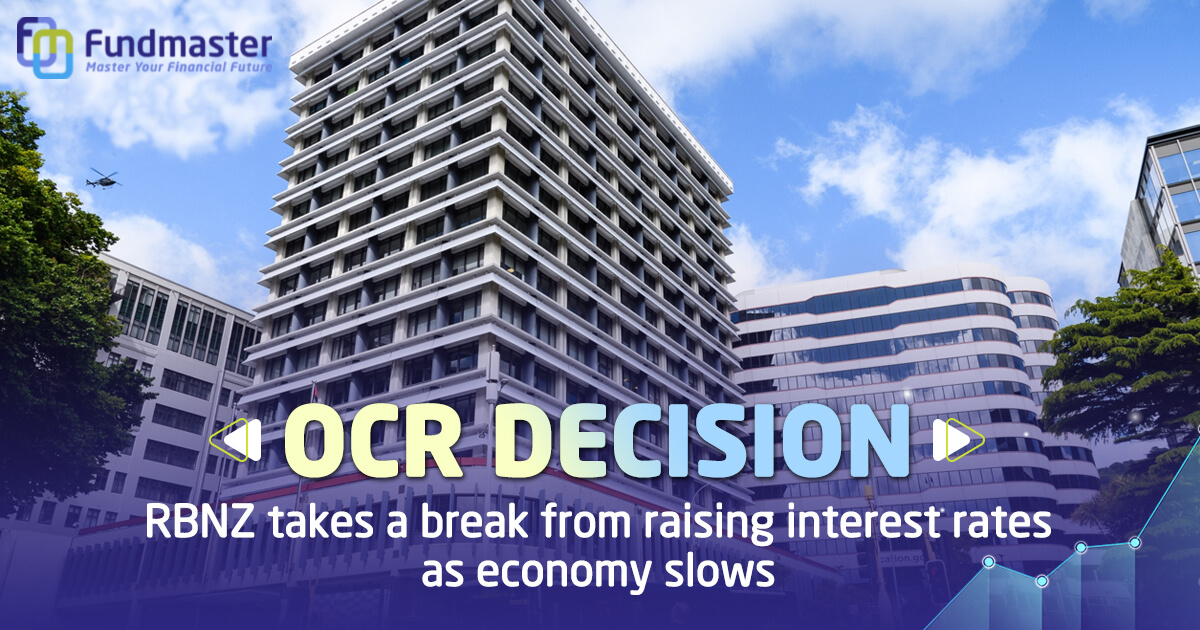When you first take on a mortgage, it can feel like you are binding yourself to a lifelong commitment. But you can cut your debt expense sooner than you think. There just has to be some careful planning to achieve a fast repayment. Don’t worry though, the strategies we are going to propose are easy to execute.
But first check with your mortgage adviser if you will have to pay any penalty on paying off your mortgage faster than the term.
Once you have got a confirmation that paying off faster is an option, take a lot at these ideas on how to do so.
Direct salary hike towards mortgage payment
This strategy is advisable for not just a home loan, but any debt you have. Once you borrow money for the long or short term, it limits you from spending on some other important ambitions.
The best part about scraping most of your savings and increment in salary to offset loan is that you get to do it consistently because you will have more money to spare each month.
So, if your income increases, make it a priority to use it to get rid of debt. It is easier said than done because you will not get to see the benefit of putting more money in debt repayments right away.
But even if the good result lies in the future, it could come as soon as 5 years earlier than you expected. Depending on how much extra you start getting after a hike, you can personally set a goal of repayment 4-5 years earlier than maturity.
For example, if you have taken a mortgage of 20 years, you can calculate the increased amount to pay assuming you have to repay in just 16 years.
To help you figure out what amount you should pay to meet the goal of pre-payment, you can talk to your mortgage adviser for a review of your mortgage.
They would consider other factors like latest interest rate changes, change in your income and expenses, any additional debt you might have taken after your mortgage etc.
Changing payment frequency
When you repay more times each year than you currently are, you have a chance to cut off close to 4-5 years from your mortgage term.
But here’s the additional benefit of doing so- you will save money! Let us see how.
Mostly, banks will calculate interest every day. This would mean that the longer you take to repay, the higher the interest accrued on the repayable amount.
That is why it is a good idea to not have a lot of balance in your account.
To not let balance keep adding up, you can start paying off your mortgage every week or every two weeks instead of every month.
A simple shift in repayment figures
It is a good idea to round off your repayment amount to the nearest greater hundreds or thousands. For example, if your current repayment amount is $1,578 just start paying $1,600 or better yet if you can afford it, $2,000.
This simple trick is not only convenient, but it can also help you budget better. Once you start saving a few extra dollars to offset your debt, you can become more mindful of not spending them on little everyday expenses which amount to a big amount at the end of the month.
Think about the restaurant coffee, that cheap fast-food meal, some clothes on sale or just about any spending habit you have been wanting to get rid of.
Thus, rounding off repayments helps in more ways than one! You can talk to your mortgage adviser for more information on changing repayment frequency.
Interest rate may dip, repayment amount remains the same
This strategy is useful when you have a floating rate mortgage. A floating rate simple means that interest payable on your loan will keep adjusting to changes in the economy.
This means that rates may go up or down. In case the rates go down, you would have an option to reduce your periodic repayment amount.
While it sounds very tempting to jump on the lower rate and spend less on debt repayment, it can cost you more and lengthen your mortgage term.
How will it cost more; you might ask? The longer you take to pay off your loan, the more interest you will have to pay over the course of the mortgage term.
Moreover, if the rates are falling but you can afford to keep paying the same amount it will just help you pay off the principal on the loan faster.
You would have extra cash remaining because of the difference between the interest you paid according to the new lower rate and your existing repayment amount.
More ideas on fast principal repayment
In case of fixed rate mortgages, you might have to pay penalty on pre-mature repayment of your mortgage. But with floating rates you can take advantage of lump sum payments towards your loan free of extra cost.
This means that if you happen to earn some extra cash because of selling shares, tax refunds or selling any assets, you could use that money to make a lump sum payment to offset your mortgage debt.
These extra funds will go towards principal repayment. And the sooner the principal is paid off, the sooner you will be completely mortgage free.
However, as we were discussing in the previous strategy, a floating rate has variable interest payments.
But sometimes the interest rates in the market may go up and you might need to make repayments which are slightly out of your budget.
A mortgage adviser would help you with a structure of repayment where a part of the loan has a floating rate plan not the entire amount. You can also discuss with them the various fixed rate plans which allow lump sums free of cost up-to certain percentage of the total loan value.
Revolving Credit facility
If you are going to purchase a house and are in talks with your mortgage adviser on structuring your mortgage, you can look towards a revolving credit loan.
A revolving credit loan does not have a fixed principal and interest component unlike a standard term loan. This strategy should only be considered if you are comfortable with the unpredictability of your repayment amounts.
Usually switching from a standard mortgage to a revolving credit is not an easy process so it is advisable to do this when you first buy a home.
To understand how a revolving credit loan works, take the example of a credit card. If you use a credit card, you might be already familiar with the high interest that is charged if you have some expenses due on your card, but your savings account is empty.
A revolving credit account works the same way. You will have to keep feeding money to your account, to offset the expense, you have already incurred your mortgage.
But that is the benefit of the revolving credit account. If you have a mortgage of $500,000 and put a salary plus bonus of $15,000 in one month in your savings account, you will pay interest on only $500,000-$15,000=$485,000.
It is a fine option if you want to get rid of your mortgage as soon as possible with lump sum amounts as there is no penalty on doing so. But there is a fee levied to maintain this account.
Talk to your mortgage adviser on the pros and cons of a revolving credit loan. They would consider your deposit savings, if a floating rate structure is recommended for you and other such factors particular to your case.
You can get help on the strategies listed above and know of more such ways to pay your mortgage faster by getting in touch with us!
We offer personalized planning of mortgages by thoroughly researching what solutions will suit you the best. Call us on 0800-386-362.
















0 Comments